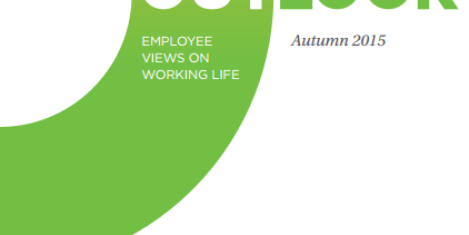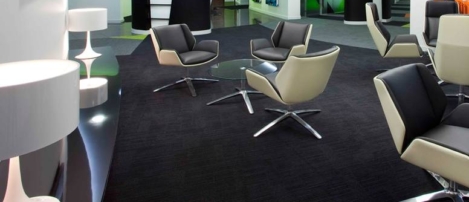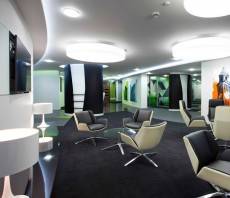November 23, 2015
Two thirds of managers have little idea what their organisation’s strategy is 0
 While facilities and human resources managers continue to agonise over their lack of strategic influence, a new study from researchers at the London Business School and MIT confirms what cynics may have suspected all along; a significant number of senior managers don’t have any real idea what their organisation’s strategy is in the first place. According to the study of 11,000 senior executives and managers from 400 companies worldwide, only around a third of respondents were able to correctly identify their employer’s main strategic priorities. “We asked people to list their company’s top three to five priorities”, says Rebecca Homkes, a fellow of London Business School, who led the study. “Even with five tries, on average only around 50 per cent could list the same one priority and only a third can list their firm’s top three priorities. For firms to execute a strategy well, that strategy must be clearly communicated and understood throughout the organisation.”
While facilities and human resources managers continue to agonise over their lack of strategic influence, a new study from researchers at the London Business School and MIT confirms what cynics may have suspected all along; a significant number of senior managers don’t have any real idea what their organisation’s strategy is in the first place. According to the study of 11,000 senior executives and managers from 400 companies worldwide, only around a third of respondents were able to correctly identify their employer’s main strategic priorities. “We asked people to list their company’s top three to five priorities”, says Rebecca Homkes, a fellow of London Business School, who led the study. “Even with five tries, on average only around 50 per cent could list the same one priority and only a third can list their firm’s top three priorities. For firms to execute a strategy well, that strategy must be clearly communicated and understood throughout the organisation.”



































December 1, 2015
Despite its drawbacks, LiFi has the potential to revolutionise office design 0
by Paul Goodchild • Comment, Facilities management, Technology, Workplace design
(more…)